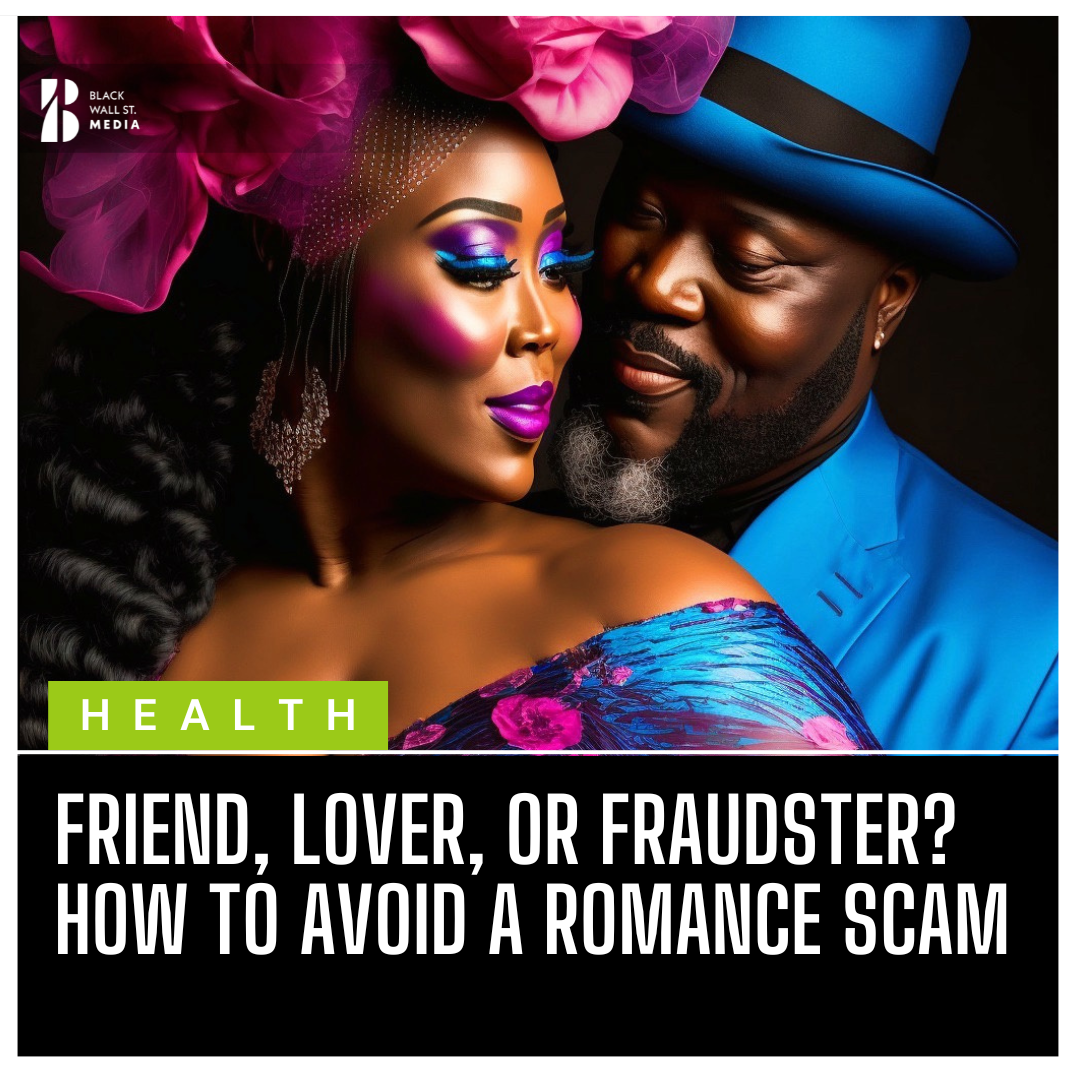Written by Alison Copeland
How to avoid a romance scam

With romance scams being responsible for the second-highest fraud-related dollar loss in Canada in 2021, it should have everyone on pause before putting their heart on the line and swiping right for the tenth time today.
Last year, the Canadian Anti-Fraud Centre (CAFC), received 1,928 reports of romance scams totalling $64,604,718 in losses, compared to 1,546 reports and $28,989,750 in losses in 2020. And there are no signs of these scams abating.
The steep increase in these scams is attributed to many factors, including increased social media activity and isolation due to COVID-19, allowing scammers to target people more effectively.
“I dated the Toronto Tinder Swindler”
For one woman, a Toronto-based single mother, author, and public speaker, who wishes to remain anonymous, her sophisticated “swindler” had been “studying” her on Facebook for some time before slipping into her direct messages (aka DMs).
He attended one of her branding workshops and said he was interested in writing a book and purchasing one of her books for his daughter.
“As a single mom, I was like, well, you know, it’s admirable when I see males that are raising their children,” she says. “And he made a big deal about his daughter during that conversation.”
The well-groomed and charming single father had all the trappings of wealth: a penthouse condo, a custom wrap Audi RS7, and business partners who drove Porsches and BMWs.
“Every time that he came to see me, he was coming from a meeting, and he had on a custom suit and expensive shoes. And so, he gave the impression that he had these things,” she says about the early stages of their relationship.
The love-bombing was also non-stop. He often drove 45 minutes across town to have coffee with her, or he’d offer to pick her up from the airport after one of her book signings in another city.
He asked lots of questions about her life and listened attentively to all she said. Then, after the second month of dating, he moved in with her.
Cooked meals, flowers, and DIY spa days followed, where he’d take her braids out, wash her hair, and even paint her toenails.
But then came the financial emergencies with increasing regularity: expired car licenses, insurance issues, and bad business deals followed by the silent treatment, gaslighting, lying, and frequent ATM cash withdrawals from her credit card to the tune of $80,000 over two years. Then, just like that, he ghosted her.
Only after she watched the Netflix documentary series The Tinder Swindler, did she realize she had been duped.
Friend, lover, or fraudster?
With fraudsters becoming more sophisticated in using social media and dating sites to manipulate people into romantic relationships, how do you avoid a scenario that leaves you with a broken heart and an empty wallet?
According to Mirlo Liendo, author of Courage in the Conflict, “There’s so much foundational work that’s done in the beginning stages of a relationship, because abusers will push boundaries.
They’re constantly changing goalposts, just to see how far they can push you, how much they can take from you. Everything with these abusers is transactional.
So, they want to see how much they can do, how much they can get for you to stick around.”
A major red flag is if your partner always asks you for money.
“A lot of people have this idea that women are just handing money to people,” says Liendo.
“Like we’re just out with this guy saying, ‘you need 10 grand?’ and we’re like, ‘okay, I have 10 grand, here.’ And that’s not always the case.”
It’s often accompanied by an elaborate sob story with details that seem too good to be true or not enough details at all.
“Things like claiming to have financial trouble, child support, maybe that they can afford to pay, but they’ll make themselves out to be the victim of a relationship with a disgruntled ex-wife, or mother of their child, debts accrued through litigation, or stories about having unhealthy relationships with money—so money being a very stressful thing for them. So, there’s a lot of these conversations that can happen early on…or even over the course of years.”
“Another sign,” says Liendo, “would be having assets but in somebody else’s name. So their car being in another woman’s name. Properties are in other women’s names. You find that these men, in particular, don’t have male friends, they will have followers, but most of their friends are women. And I’m using the term ‘friend’ loosely, because they often have a large following of women, and they just cycle through them.”
If your partner has a history of frequently losing their job but never seems to run short on cash, that’s another red flag.
Even if they have a job, they may insist that you pay for things because they claim their paycheque hasn’t come through yet, even though it has been several weeks since payday. This type of predator will often rack up credit card debt and then blame you for it without taking any responsibility.
Protecting your heart and your bottom line
“If someone appears to be so perfect online, and just a little bit too perfect, you just have to be a little bit cautious. I think it’s also important to keep business in mind when dealing with your livelihood. If someone calls with an emergency and you say, ‘okay, here’s $20,000’. But you don’t say, ‘does this make sense? Is this person taking me for a ride? How am I going to get my money back?’ You could be setting yourself up for a huge loss.”
Walker recommends having your partner provide security as collateral for a loan.
“If someone says I need $1,000, or $100,000, before you advance funds to them, make sure you can get paid back because by the time you go to court, all the judge can really do for you is say whether you’ve won or lost. The judge can’t really do anything in terms of collection.”
So, is it ever a good idea to share your passwords or personal information numbers, bank cards or credit cards with your boyfriend, fiancé, or husband? Walker says no.
“I don’t even think it’s acceptable to share those things with your fiancé or your husband. I mean, by the time you get married, hopefully, there are some things you share jointly. But if you do decide to share passwords or anything of that nature, monitor it every day. Pay close attention to see if there are any signs of misuse or any suspicious behaviour.”
Bottom line?
“I think it’s important to have boundaries in your relationships and to think to yourself, did that cross the line? What am I not comfortable with? And if I lend somebody x amount of dollars, and I don’t get it back, can I live with that?”
““If it sounds too good to be true, it probably is,””
Tanya Walkeraward-winning Litigation Lawyer, and Managing Partner at Walker Law, who has represented women dealing with these issues.








